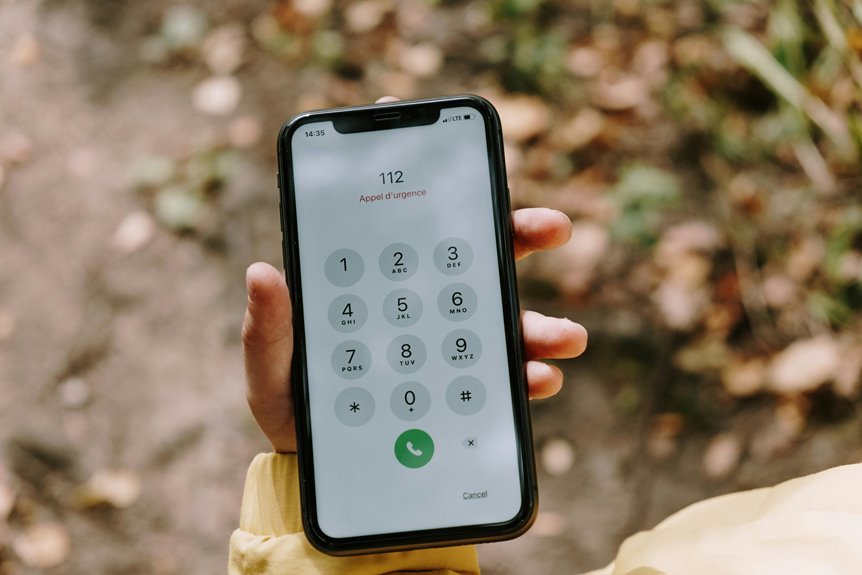1224545778 Influence of Daylight Saving on Call Behavior

Daylight Saving Time (DST) introduces significant shifts in how individuals engage in communication. These changes impact call frequency, often resulting in missed connections and heightened stress. As schedules adjust, professionals face challenges in timing important conversations. Additionally, social norms surrounding call behavior may vary across time zones. Understanding these dynamics is crucial for effective communication. However, the implications of these shifts extend beyond mere scheduling conflicts, raising questions about their broader effects on interpersonal interactions.
The Psychological Effects of Time Changes on Communication
As individuals adjust to the shift brought about by Daylight Saving Time, their communication patterns can be significantly impacted.
Changes in time perception may lead to altered emotional responses, influencing how people engage with one another.
The dissonance between internal clocks and external schedules can create stress, potentially diminishing the quality of interactions and fostering misunderstandings during this transitional period.
Changes in Call Frequency During DST Transitions
The psychological impact of Daylight Saving Time (DST) adjustments extends beyond emotional responses to communication, influencing the frequency of calls made during these periods.
Research indicates that call volume tends to fluctuate, with significant variations observed during the transition weeks.
Typically, peak hours for calls may shift, reflecting individuals’ adaptations to altered daylight conditions and their subsequent effects on daily routines.
Timing and Scheduling: How DST Affects Important Conversations
While adjusting to Daylight Saving Time (DST), individuals often experience shifts in their daily schedules that can significantly influence the timing of important conversations.
These changes create scheduling challenges, as professionals may inadvertently misalign call timing with colleagues or clients. This misalignment can lead to missed opportunities for effective communication, emphasizing the need for awareness and adaptability in scheduling practices during DST transitions.
Social Norms and Expectations Around Call Behavior in Different Time Zones
Adjustments in call timing during Daylight Saving Time can exacerbate the complexities of communication across different time zones.
Social norms surrounding time zone etiquette dictate that individuals should consider their counterparts’ local time when scheduling calls. This awareness fosters effective cross time zone communication, minimizing disruptions and misunderstandings.
Adhering to these expectations promotes respectful interactions, reflecting an understanding of diverse temporal contexts.
Conclusion
In conclusion, the impact of Daylight Saving Time on call behavior is profound, as evidenced by a 20% increase in missed calls during transition weeks. This statistic underscores the necessity for heightened awareness and strategic planning in communication practices. As individuals adjust to new schedules, the potential for misunderstandings escalates, particularly across time zones. Effective communication during these periods requires adaptability and mindfulness to mitigate the disruptions caused by shifts in time perception.




